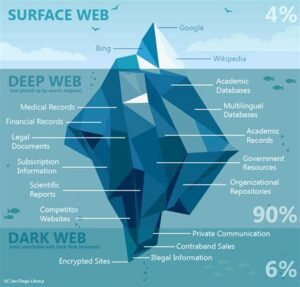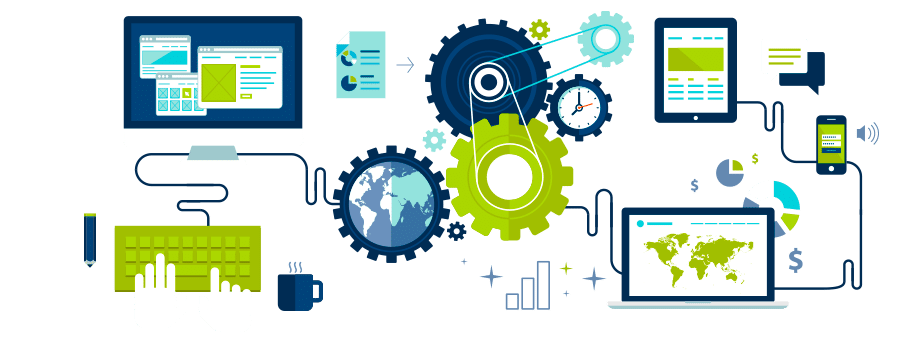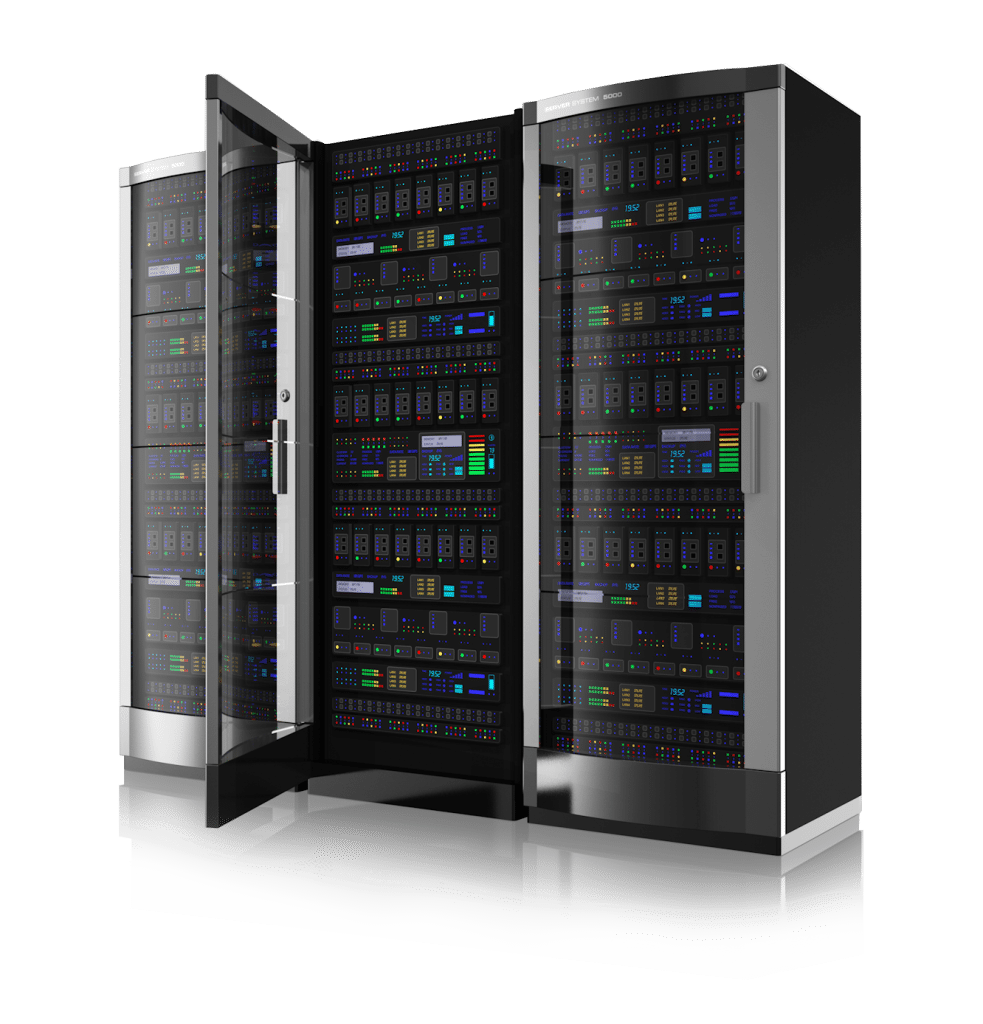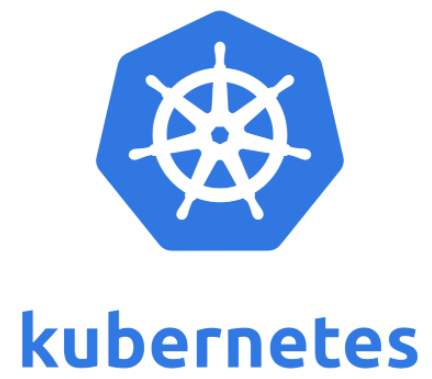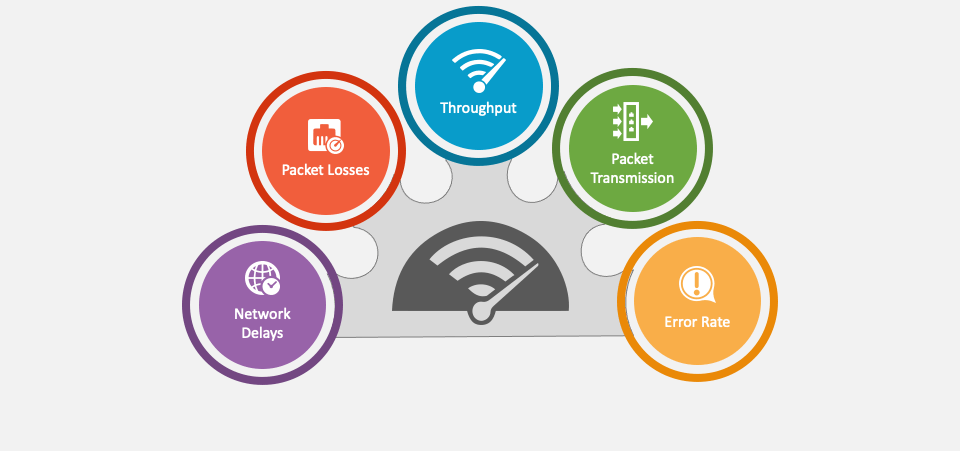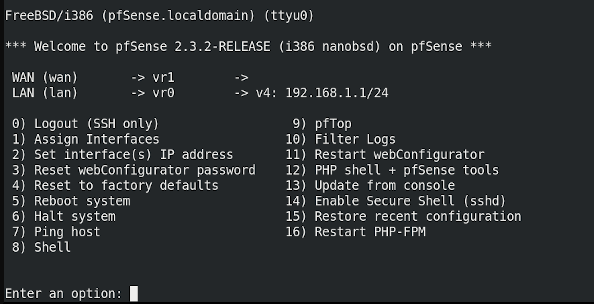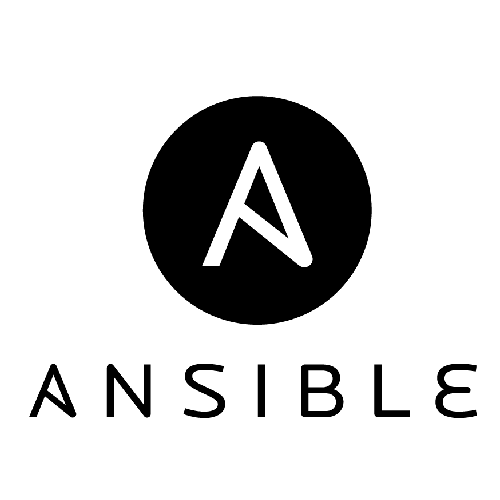Darknets
The darknets which constitute the dark web include small, friend-to-friend peer-to-peer networks, as well as large, popular networks such as Tor, Freenet, I2P, and Riffle operated by public organizations and individuals. Users of the dark web refer to the regular web as Clearnet due to its unencrypted nature.
The darkweb, commonly referred to as the darknet, is a group of websites and networks that are located on a section of the internet that is encrypted and frequently anonymous. Only specialist software, like the Tor browser, can be used to access these websites and networks since they are not indexed by conventional search engines.
The darkweb’s connection to unlawful conduct is one of its best-known features. It has been common practise to trade drugs, firearms, and stolen personal information on darkweb marketplaces.
Some darkweb sites have also been used for illicit communication, like organising terrorist acts or engaging in illicit activities.
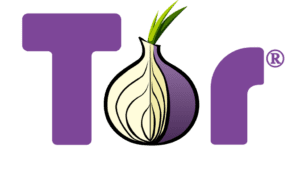
However, it is important to note that not all activity on the darkweb is illegal. Some people use it to protect their privacy and freedom of speech, especially in countries with strict internet censorship laws. Activists and journalists also use the darkweb to communicate securely and share information without fear of surveillance or retaliation.
The darkweb has also been used for legitimate purposes, such as for whistle-blowers to share information with journalists, or for researchers to study illegal activity.
It’s crucial to remember that surfing the dark web might be risky because many of the websites and users there break the law. It’s also critical to understand that, even if something is permissible to watch or buy in one nation, it could not be in another.
Overall, the darkweb is a complicated and multidimensional part of the internet that has both vital and lawful purposes in addition to being frequently linked to illegal conduct. Approaching the dark web with caution is vital, as is being aware of both the dangers and potential advantages of doing so.

